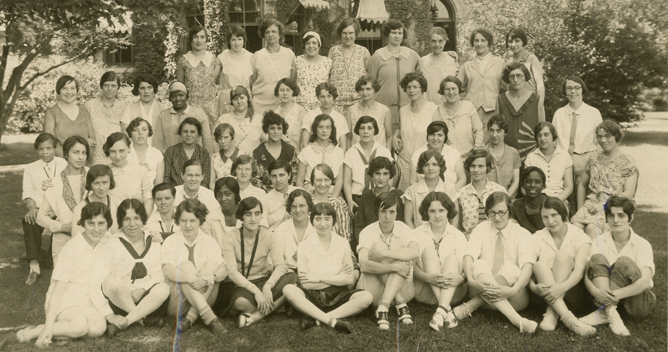Event Title
Speaker Bio
Astrida Schaeffer is lead organizer of the New Hampshire Historic Dress Project. As costume historian and museum mannequin maker, she has been working with costume collections since 1998 and has curated a number of costume exhibitions, most recently Embellishments: Constructing Victorian Detail at the University of NH. Assistant director of the Museum of Art, UNH for ten years, she is now principal of SchaefferArts Costume Exhibition & Care and guest curator of the Irma Bowen Textile Collection at UNH. Her mannequins have appeared in several publications, including her 2013 book, Embellishments. She holds an MA in History from UNH.
Abstract
The New Hampshire Historic Dress project is an initiative sponsored through the University Museum at the University of NH, seeking to create an online searchable database and visual record of all historic clothing holdings in the state of NH. The NHHDP is in the early planning stages, but with a plethora of far-flung historical societies and museums in the state, many of which are small and volunteer-run, there are clear benefits to a centralized web presence allowing virtual access by researchers to collections. The first phase of the project will create the database while the second will provide participating institutions with access to collections care assistance, information, mini-grant opportunities, volunteer training, workshops, and more.
The New Hampshire Historic Dress Project
The New Hampshire Historic Dress project is an initiative sponsored through the University Museum at the University of NH, seeking to create an online searchable database and visual record of all historic clothing holdings in the state of NH. The NHHDP is in the early planning stages, but with a plethora of far-flung historical societies and museums in the state, many of which are small and volunteer-run, there are clear benefits to a centralized web presence allowing virtual access by researchers to collections. The first phase of the project will create the database while the second will provide participating institutions with access to collections care assistance, information, mini-grant opportunities, volunteer training, workshops, and more.

